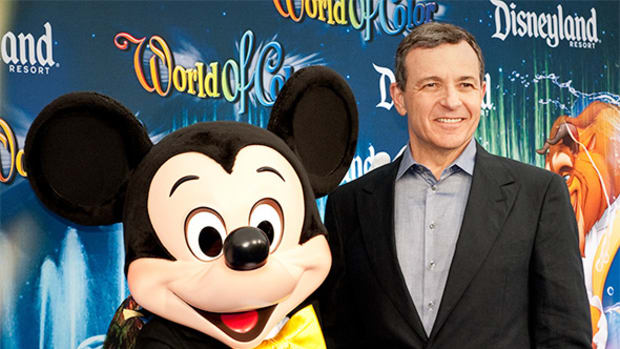Musk and Bezos Aside, Space Sector Investment Comes Back to Earth
Elon Musk's SpaceX vehicles have rocketed up to the International Space Station and have deployed Starlink satellites by the dozens with every one of their launches. Amazon CEO Jeff Bezos has Blue Origin expeditions selling trips to wealthy space travelers and guests including William Shatner of Star Trek fame.
In his new book, Boldly Go: Reflections on a Life of Awe and Wonder, Shatner wrote that going to space felt like a funeral. The actor went to space with Bezos last October at 90 years old. He said he saw death up in space and famously compared the feeling of grief in space to the glorious treasure of life on earth within the precious atmosphere.
It seemed for a brief moment in time that the space business was the place to be for investors. To be sure, some are doing well. Others are starting to take another look at economic conditions and wondering whether the money and effort should be expended elsewhere.
Perhaps Shatner's gloomy feelings about space foreshadowed an investing trend.
Space Capital Issues a Q3 report
Space Capital, which describes itself as a seed stage venture capital firm investing in the space economy, released a third-quarter report October 18 that describes a downturn in the investment climate around space ventures.
Expectations for Q3 were high, the report states, with hopes that the Fed would tame inflation and investors would get back to deploying capital, neither of which occurred.
Space Capital founder and managing partner Chad Anderson said in an e-mail that a risk averse environment has caused the investment volume in space to have fallen significantly more than the broader market.
"In fact, Q3 is one of the lowest quarters for private investment in space over the last five years," he stated.
Total investment year to date saw a steep decline versus last year, although early-stage investments have increased over that same period. Early-stage infrastructure activity was flat compared to last year, while distribution and applications witnessed declines.
"Space Capital expects the macro environment will continue to disproportionately affect funding across deep tech, including space infrastructure," Anderson predicts.
Elon Musk's privately held SpaceX moved to raise $1.7 billion over the summer as it continues to spend heavily on its massive Starship and Starlink satellite projects, CNBC reported. The move pushed the valuation of SpaceX to $127 billion, according to the report.
Other Market Forces Suggest Growth
Investors can be irrational and markets tend to overcorrect, Anderson wrote.
"What might get lost in the noise is that space technologies are playing an increasingly important role in the global economy," he explains. "Additionally, the space economy is both countercyclical and resilient to macro market conditions (despite volatile stock prices), as demonstrated by the record revenues for remote sensing companies."
Remote sensing refers to the acquiring of information from a distance. For example, NASA observes our planet and others with remote sensors on satellites.
"Space companies providing data, insights, and critical services to enterprises and governments will be better positioned to grow revenues in the near-term and have a higher likelihood of raising large growth rounds in a more selective market environment," Anderson says.
"Anecdotally," he continues, "from the front lines, valuations are normalizing and we are beginning to see deal activity ramp up."





